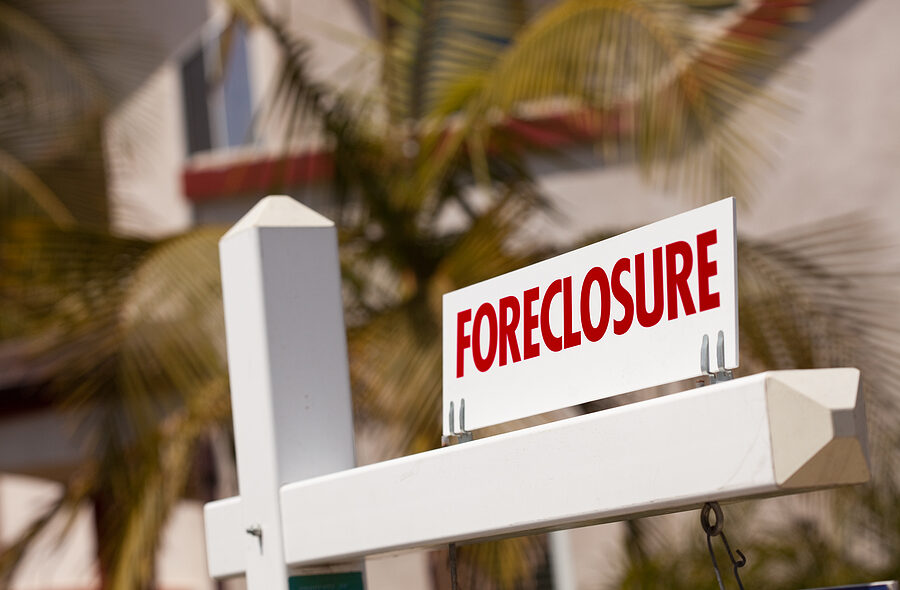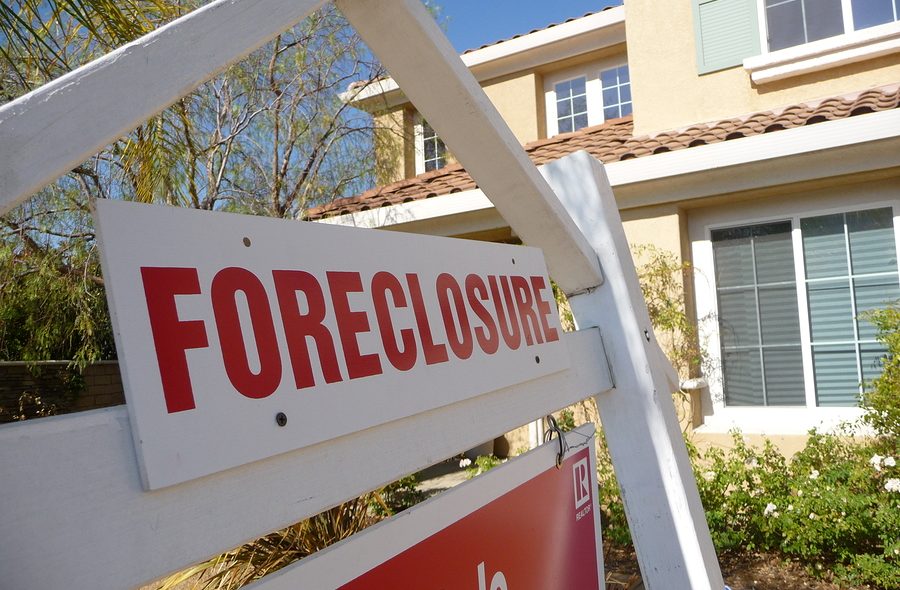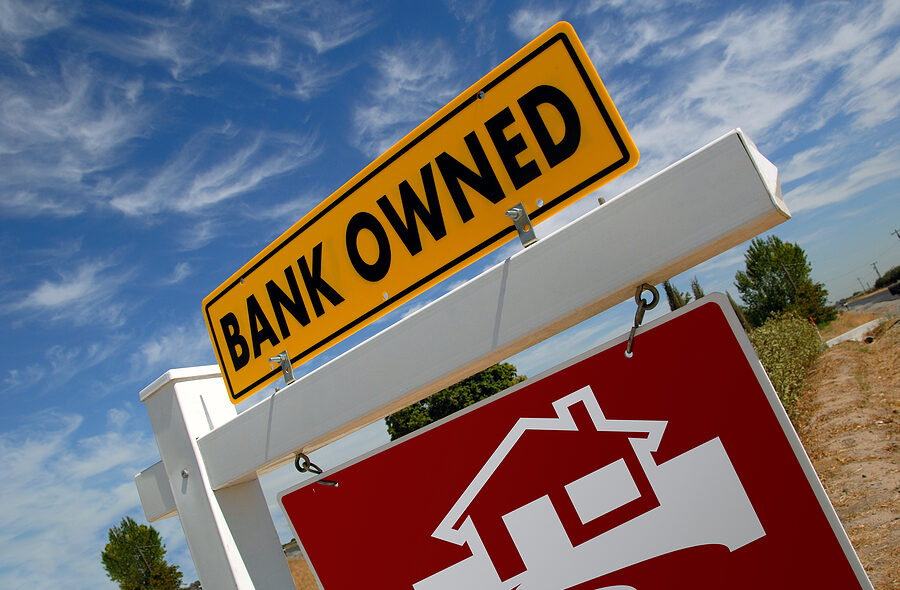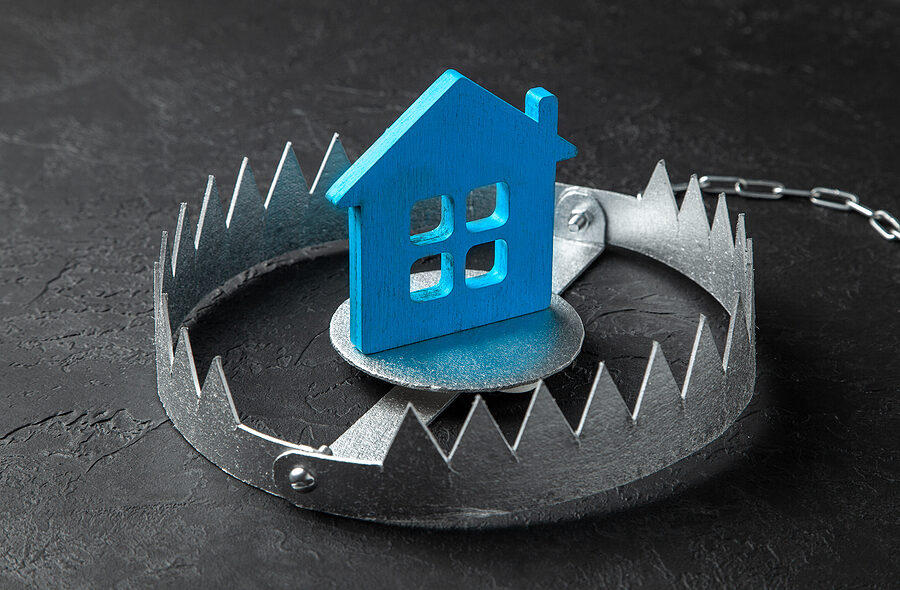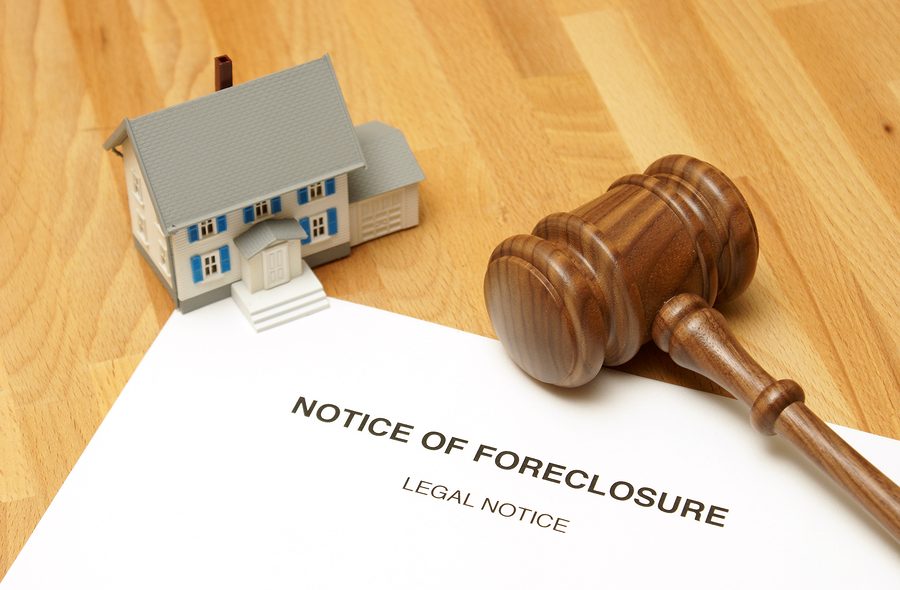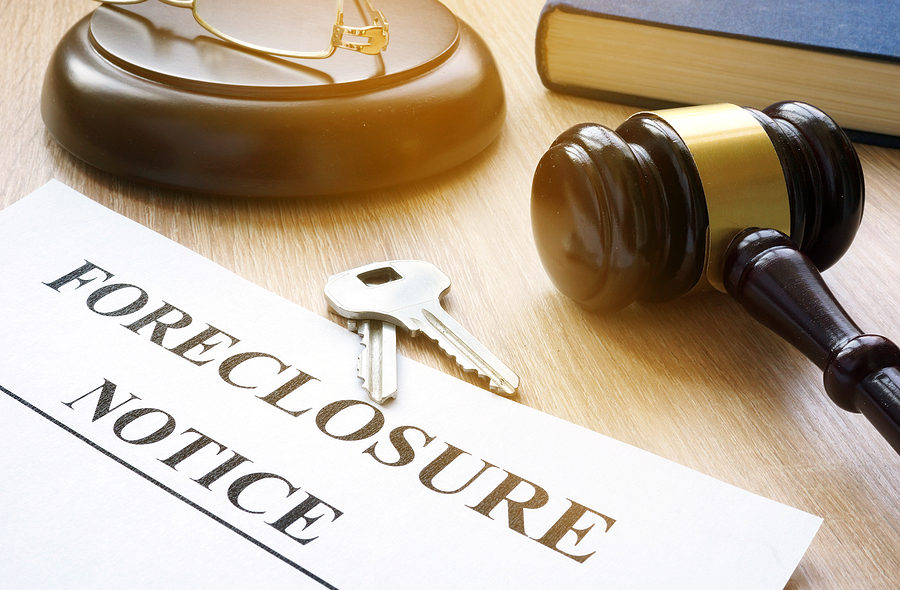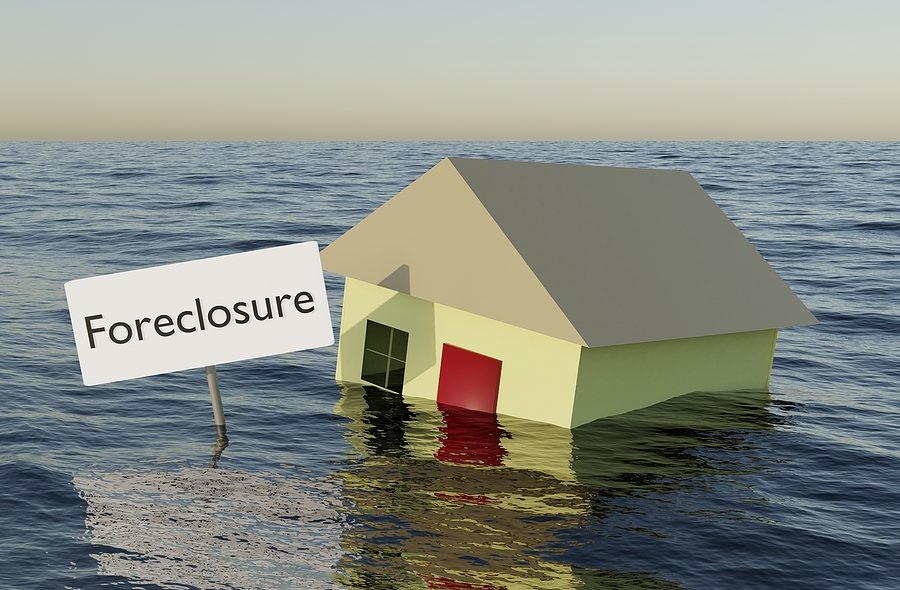Florida led the nation in foreclosures in 2024, and all signs point to a continuation in the trend. A report by property data firm ATTOM shows that Lakeland ranked No. 1 nationwide for the most filings in 2024, with one in every 172 homes foreclosed on.
After a six-month period of decline, foreclosure filings abruptly increased in October, revealing the impact back-to-back hurricanes had on the market.
Hillsborough, Broward, Miami-Dade and Orange counties had the most foreclosures in Florida. Among U.S. metro areas with populations greater than 1 million, Orlando, Jacksonville and Miami had the first, third and fourth highest rates in the nation.
Foreclosures can oftentimes be a precursor to bankruptcy, and both have risen dramatically over the last 12 months.
Several major Florida metros ranked in the top 10 U.S. cities whose residents have the highest levels of financial distress. Tampa ranked No. 8, while Jacksonville, Orlando and Miami ranked third, sixth and ninth.
Click here to read more.
Choosing the right attorney can make the difference between keeping your home or losing it in foreclosure. A well-qualified Miami foreclosure defense attorney will not only help you keep your home, but they will be able to negotiate a loan that has payments you can afford. Miami foreclosure defense attorney Timothy Kingcade has helped many facing foreclosure alleviate their stress by letting them stay in their homes for at least another year, allowing them to re-organize their lives. If you have any questions on the topic of foreclosure, please feel free to contact me at (305) 285-9100. You can also find useful consumer information on the Kingcade Garcia McMaken website at www.miamibankruptcy.com.
REMEMBER: In Florida, the homeowner has rights when it comes to foreclosure! But do not delay.

